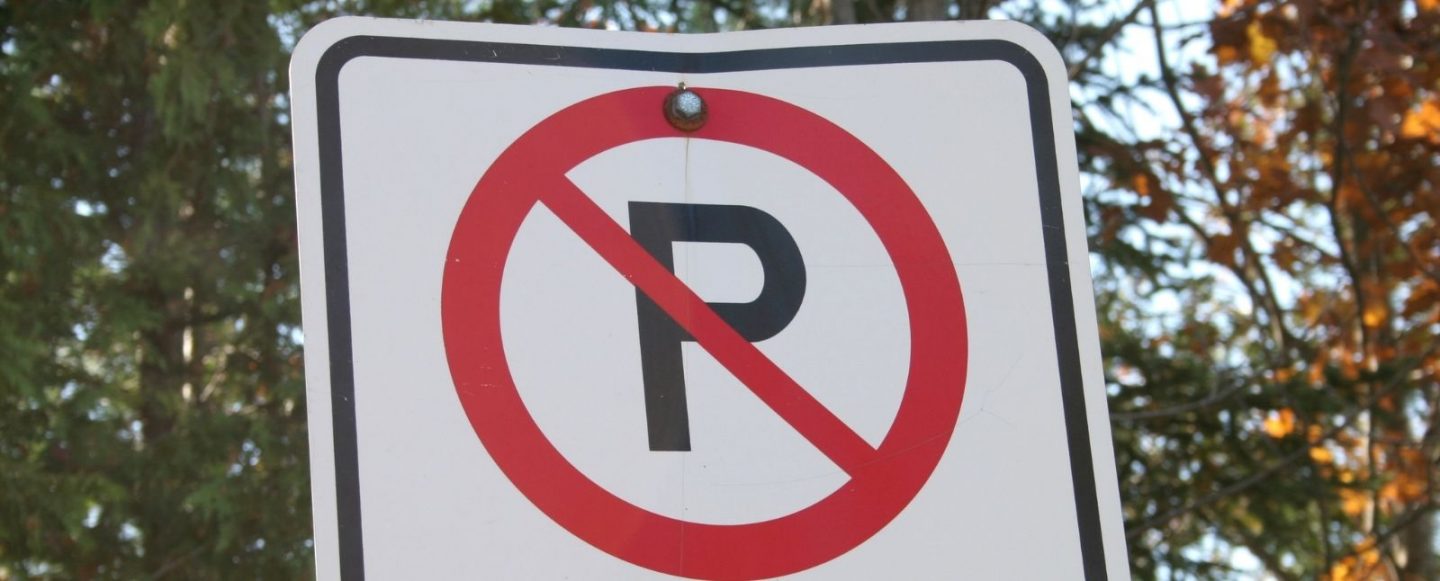Supreme Court Determines ‘Pol—tracted’ Parking Challenge - Pol v City of Port Adelaide Enfield
3 November 2017
Kelledy Jones successfully represented the City of Port Adelaide Enfield in a Supreme Court appeal against a decision of a Magistrate in prosecution proceedings brought by the Council against the Appellant, Mr Pol.
The case is a useful precedent relevant to all council prosecutions for summary offences given it reinforces when an offence will not be deemed trifling and, expressly recognises the appropriateness of costs being awarded to a successful party in connection with a prosecution (albeit, any costs order against a defendant must take into account the defendant’s capacity to pay).
By way of background, the Appellant originally elected to be prosecuted for an offence against rule 168(1) of the Australian Road Rules (the Rules) that was subject of an expiation notice that had been issued to him by the Council. The notice was issued after Council officers observed the vehicle owned by the Appellant parked and unattended on a road (in a school drop off zone) to which a no parking sign applies.
The Council prosecuted against the Appellant in the Magistrates Court. During these proceedings the Appellant conceded that he was the registered owner of the vehicle and that the vehicle was stopped as particularised in the complaint, however, he asserted that he was not the driver at the time and he did not know who was (the question as to whether the Appellant was the driver on the offence date was immaterial as section 174A of the Road Traffic Act 1961 operates to extend liability for parking or stopping offences to the registered owner of the vehicle).
The Appellant was convicted of the offence following a trial. The Magistrate imposed a penalty equivalent to the expiation fee for the offence (which is not uncommon for parking offences) and made an order for costs in favour of the Council for $3,826 consistent with the Magistrates Court Scale of Costs.
The Appellant subsequently appealed to the Supreme Court against the conviction and the costs order. His grounds for doing so included that the prosecution proceedings should have been dismissed on the basis that the offence was trifling and, that the Appellant was not afforded a fair trial. The Appellant also asserted that any costs order should have been proportional to the offending, that it was ‘not fair’ that he should have to pay costs and he did not, in any event, have the means to do so.
Justice Nicholson found that the numerous grounds for appeal raised by the Appellant were ‘unmeritorious’. In particular, his Honour held that the offence was not trifling on the basis that it was a normal or typical example of an offence against rule 168(1) of the Rules.
His Honour dismissed the appeal against conviction and allowed, in part, the appeal against the costs order and varied the amount of costs awarded by the Magistrate.
Regarding the question of costs, Justice Nicholson found that it was appropriate for the Magistrate to have awarded costs against the Appellant. His Honour expressly stated that the Appellant “is entitled to challenge and appeal, but is not entitled to do so at another’s expense”. His Honour agreed with our submission that whilst the principle of proportionality is relevant in determining sentence (that is, the punishment must fit the crime), it does not apply to a costs order. He confirmed that a successful party to a prosecution ‘is entitled to a costs award in its favour’.
However, his Honour also reinforced that any award of costs against a defendant must be made taking into account section 13 of the Criminal Law (Sentencing) Act 1988, which requires regard to be had to the defendant’s ability to comply with the order. In the circumstances of this case, His Honour was not satisfied on the evidence before him that the Magistrate took into account section 13 of the Criminal Law (Sentencing) Act in making the costs order. Consequently, upon being satisfied that the Appellant was experiencing significant financial hardship, Justice Nicholson determined to partially reduce the amount of costs awarded by the Magistrate.
Finally, his Honour also made a costs order in favour of the Council for the appeal in line with his comments regarding the award of costs.
If you have any questions regarding this case or are considering commencing a prosecution and require assistance doing so, please contact Cimon Burke on 8113 7105 or at cburke@kelledyjones.com.au.

